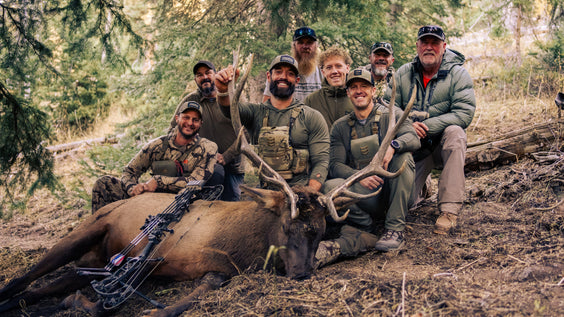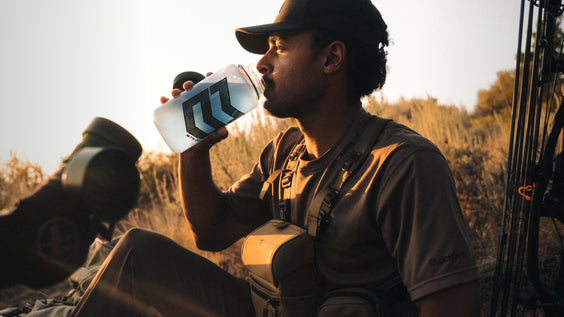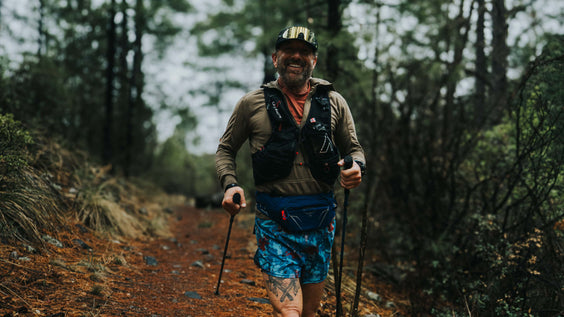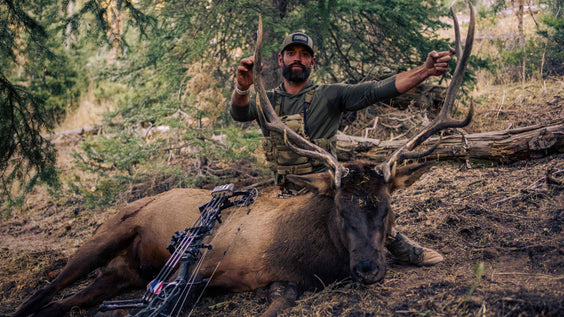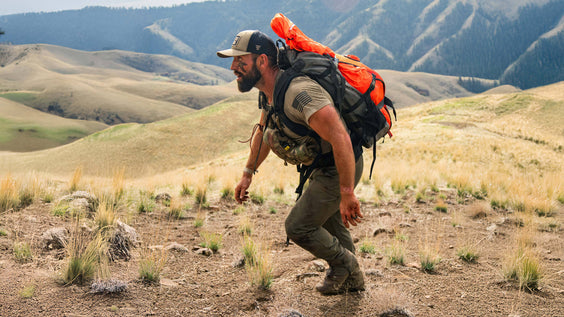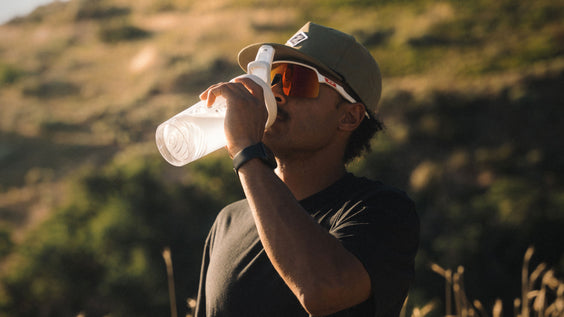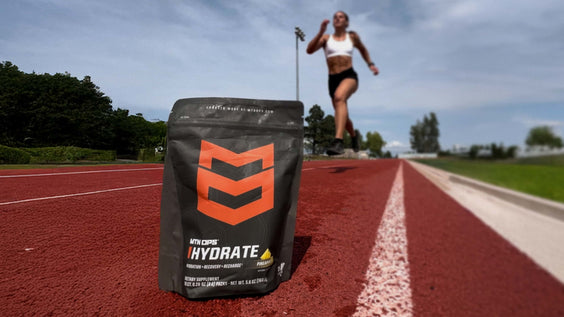

Carbohydrates: Fueling the Hunt
Jun 05, 2025
By MTN OPS TEAM
By Vince Kreipke
Success in the backcountry can be directly attributed to proper preparation, proper fitness, and proper fueling. Though often underestimated, carbohydrates play a critical role as a fuel source in the backcountry.
In the simplest terms, carbohydrates, or carbs, are a class of macronutrient that is broken down into glucose once consumed, which can be utilized for immediate energy or stored in organs like the liver and muscle as glycogen for future use.
Carbs are often divided into two classifications, simple and complex carbohydrates. Simple carbohydrates are made up of one or two sugar molecules and are quickly digested, leading to rapid spikes in blood sugar. These carbs typically have a higher rating on the glycemic index, a measure of how quickly eating different carbohydrates raises blood sugar levels.
Complex carbohydrates, on the other hand, contain longer chains of sugar molecules, take longer to digest, and can provide more sustained energy. These carbohydrates are often considered to have lower glycemic index scores. They're found in whole grains, vegetables, and legumes
Understanding how to appropriately use carbohydrates can drastically change the outcome of your time in the backcountry.
Benefits of Carbohydrate Consumption
Sustained Energy: Success in the backcountry means you have to be able to go at the drop of a hat, all day. This means you need energy for the entire day. When the mountain continues to call for more effort, carbs are going to continue to answer.
A 2009 study compared the effects of diets with different amounts of carbohydrate after depleting exercise. After two days of dieting, individuals who consumed higher amounts of carbohydrates ran roughly five minutes longer than those on the lower carbohydrate diet while working at high intensity.
Efficient Work: Efficient work is paramount for success in the backcountry. This means getting more done, faster, and not feeling like you are working hard while doing it.
In a 2024 study, middle-distance runners who ate higher amounts of carbohydrates after a hard workout for two days completed the next time trial in a faster time frame and reported less perceived strain while doing it than those who ate a low-carbohydrate diet in the same time frame.
Mental Sharpness: The brain is the most metabolically active organ in the body, consuming about 25% of glucose at rest. As these processes start to ramp up, so does their demand for glucose (source). When these needs are not met, cognitive performance starts to suffer.
Recovery: Very seldom is time in the backcountry a one-and-done situation. It’s day after day of continuous hard work. Tomorrow’s work depends on today’s recovery.
In a 2024 study, individuals who delayed carbohydrate intake by three hours after strenuous exercise completed five fewer rounds of high-intensity interval sessions (roughly 20%) and reported higher perceived effort. Not only does this study highlight the importance of carbohydrates on the next day’s performance, but it also demonstrates how important it is to get them in as soon as possible.
Muscle Preservation: Performance is always a top demand in the backcountry, and performance requires muscle mass. The longer muscle mass can be maintained, the longer the performance can continue. Which means, preserving muscle mass is paramount. Ingesting carbs has been shown to help support a positive protein balance after strenuous exercise compared to the placebo. Researchers note that these effects were the result of carbohydrate ingestion decreasing muscle breakdown.
Hydration: In case you missed it, “hydrate” is in the word “carbohydrate” and for good reason. Carbs help drive hydration status. A study from the Journal of Applied Physiology demonstrated that those who rehydrated with beverages consisting of 12% carbohydrate retained more water than water alone and water solutions containing electrolytes alone.
Optimized Performance with Optimized Fueling
1. Pre-Hunt Nutrition: Consuming a carbohydrate-rich meal 2-4 hours before heading into the field can top off glycogen stores and promote blood glucose levels. Foods like oatmeal, whole grain bread, fruits, and starchy vegetables provide complex carbohydrates that release energy steadily.
A position stand by the International Society of Sports Medicine notes the importance of pre-activity carbohydrate intake and suggests consuming between 1 and 4 g/kg/day of carbohydrate up to four hours prior to getting on the trail, especially when the work ahead is long and hard.
2. During the Hunt: For those marathon hunts in the high country, constant movement over trying terrain is a given. Periodic snacking is going to be crucial for getting through these trying terrains. Portable options like energy bars, trail mix, or dried fruits offer quick-digesting carbohydrates.
A position stand from the American College of Sports Medicine suggests consuming 30 to 60 grams of carbohydrates per hour of strenuous work in the field.
3. Post-Hunt Recovery: The mountain requires hard work. Hard work requires fuel. Looked at another way, by the time you are off the trail and back to camp, you are going to be fuel-depleted. The sooner you start refueling, the greater the chance of success tomorrow. Carbohydrates should be priority number one.
A review of multiple studies examining the effects of different refueling strategies points out that consuming 0.6 to 1.0 g/kg of body mass within the first 30 minutes of completing depleting activity and for every two hours after that for four to six hours has been shown to replenish fuel sources.
The same review suggests that these effects are amplified when carbohydrate ingestion is combined with a quality protein source, when carbohydrate ingestion is below 1.2g/kg of body weight.
If you are going to be king of the mountain, you have to fuel yourself. Optimized fueling means optimized performance. Research has shown time and time again that when it comes to fueling work, carbs are still king.

















